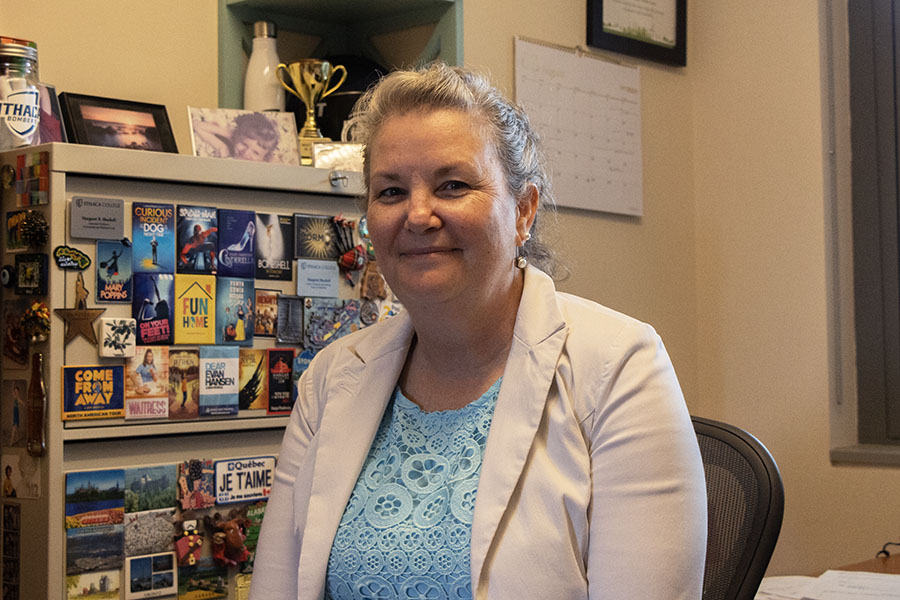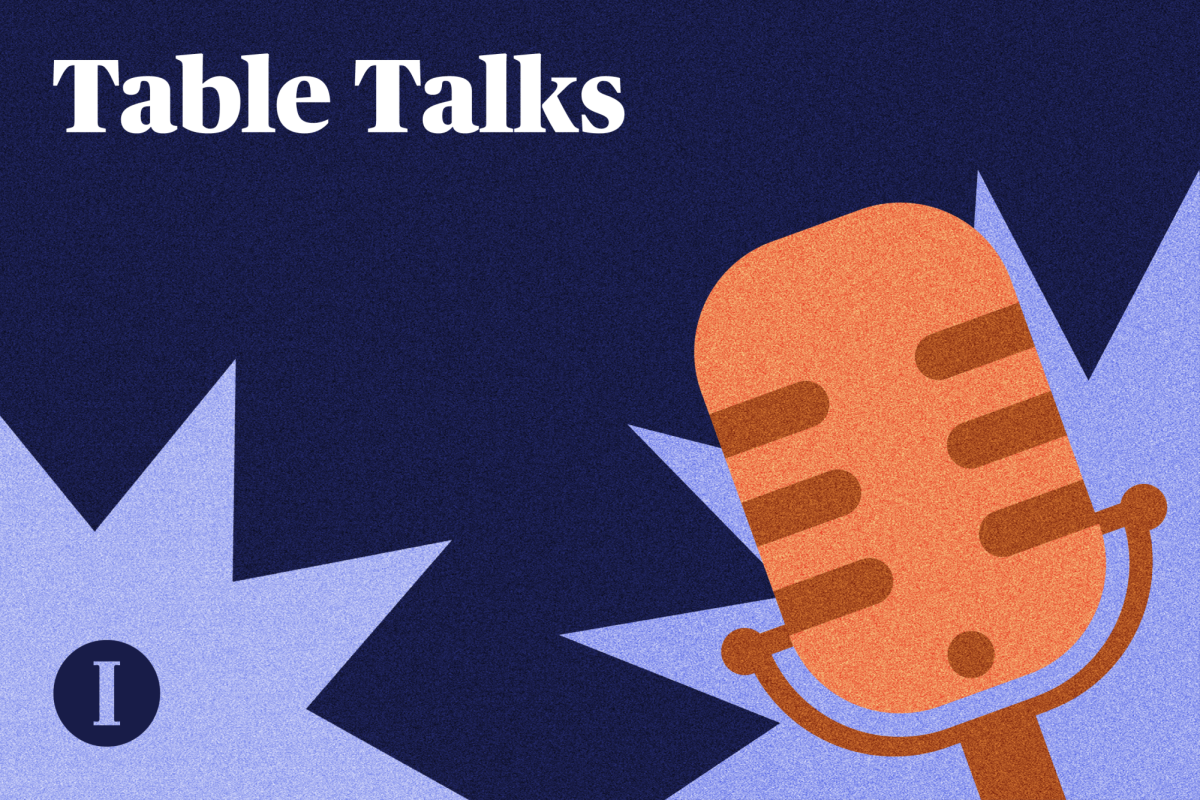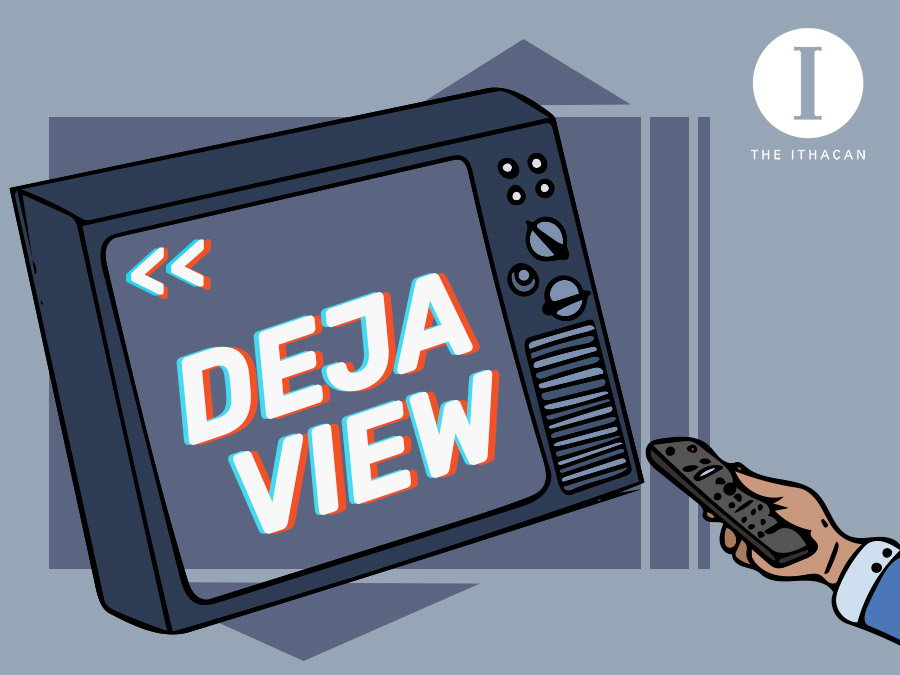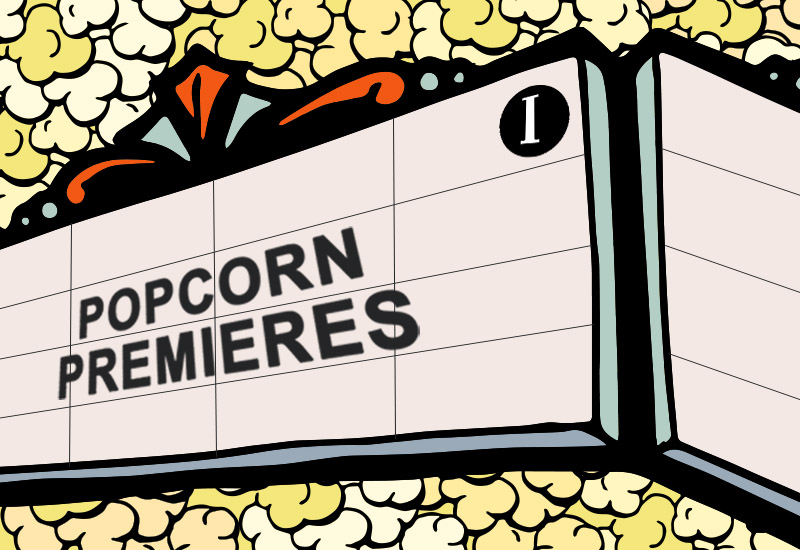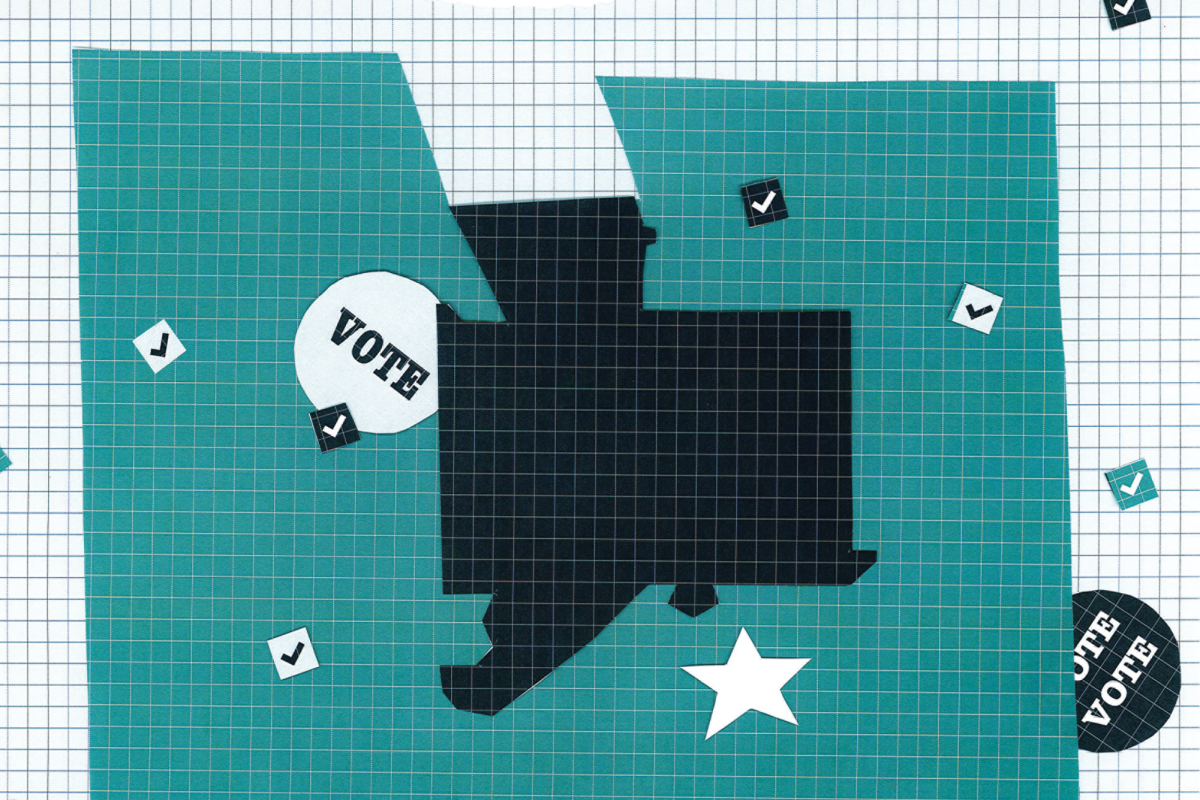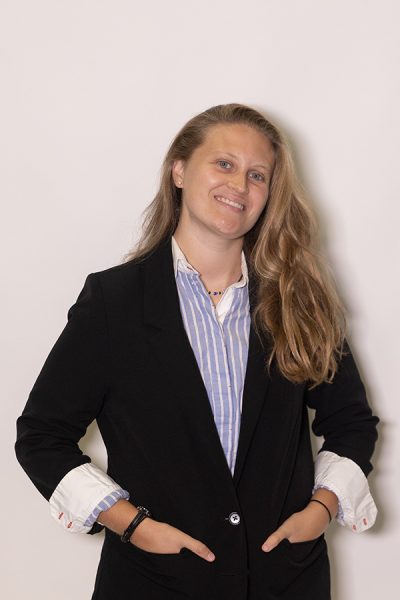Margaret Shackell, associate professor and director in the Department of Accounting and Business Law, received an honorable mention at the annual American Accounting Association meeting in August for a teaching model she co-presented.
The model, called “NASCAR: Using a Lean Mindset,” was designed for accounting students and modeled off NASCAR’s pit team efficiency. Shackell said she uses the model to teach accountants how to use the same balance in thinking as a NASCAR pit team. Accountants use similar thought processes to account for multiple factors within a business like finances, resources and environmental concerns.
It also discussed the Environmental, Social and Governance (ESG) model, a framework used in businesses to balance the three principles to address a business’ ethical and sustainable practices.
Shackell was announced as a senior editor for the Institute of Management Accountants’ Educational Case Journal Sept. 6. The journal publishes teaching models, like Shackell’s, that focus on contextualizing decision-making and interpreting data for real-world ideas.
Assistant News Editor Vivian Rose spoke with Shackell about the Lean mindset and the importance of sustainable business management in accounting.
This interview has been edited for length and clarity.
TRANSCRIPT:
Vivian Rose: So let’s start with what ESG is in the first place, and how does it play into the classes that you specifically teach?
Margaret Shackell: I think of it as a sustainable business. I’m uncomfortable with the term ESG because as accountants, governance is in everything. Governance is in our financial accounting, our managerial accounting, it’s in things that aren’t related to the environment. … So, I think of it as sustainable business management, and the biggest place that it is, is in our Masters of Accounting program.
We have a course called “Contemporary Issues in Accounting,” and I would say half of what we do in that class is related to sustainable business management. Because if we want to make change, then we need to measure where we currently are, set targets and monitor. And that’s what accounting is. So, the future accountants are going to be the people who are measuring, monitoring and managing those environmental changes, those social changes, and things like that.
VR: And how do you feel when people use the term ESG instead of sustainable business management?
MS: I feel a little disappointed, and one of the big reasons is because there’s been some pushback by people who don’t understand the facts of climate change. They, say, don’t believe climate change, and they look at ESG as something to push back against.
And so, using that label makes it a target for some people and so that’s one of the reasons why I don’t like to use that term.
VR: Well, what do accountants have to do with sustainable business management anyway? Doesn’t that sound more like it should apply to human resources?
MS: So, traditionally, you would think we measure the financial statements, profit, things like that. But we also measure things internal to organizations … like reducing the volume of new materials that are used in a product, right?
That’s going to lower costs. That’s going to increase profit. These are the kinds of things that accountants look at, work with teams and organizations to be able to make changes that are going to make their product better, their customers happier, them more profitable and the world a better place. It all goes hand–in–hand–in–hand.
VR: So if it all goes hand–in–hand, I assume it starts with education. Why do you think sustainable business management should be an integral part of accounting courses?
MS: I think it should be integrated into all of our courses. Every case that we do should be talking about what are the, you know, obstacles or the reasons that we would want to approach this in a different way, things like that. … And so, trying to, as part of an undergraduate education, or high school education, as part of critical thinking, we have to look at what are the benefits and what are the costs.
And that’s why accounting is ideally suited to be in this space, is that that’s what we do. We measure the costs and benefits of everything. Could be the financial costs and benefits, it could be the non-financial costs and benefits of things. And that’s our job.
VR: That is so interesting. I mean, when people talk about who is actually going to be able to change the world for this, accountants aren’t really the ones that come to mind first.
MS: I know, and that is one of the reasons why I’m so loud about it because, actually, we have a major crunch right now. We don’t have enough accounting majors. When I started our master’s program, it had 35 students. This year it has 7 — 20%, one-fifth. People aren’t going into accounting because they don’t realize how vital we are to making these changes, to giving people measurement and monitoring of things we need to do to make the world a better place. … It’s definitely some of the things that we’ve talked about when I’ve been at conferences with other professors. … And, and one of the things that most of us believe is that making students understand very early on how important sustainability is to accounting and accounting to sustainability can help us attract more majors.
So it is not just me, it’s not just here, but this is something that we’re working on throughout the U.S.
VR: When you use the Lean mindset as a teaching model, what do you hope students can learn from it?
MS: So, Lean thinking, you might have heard things like, just in time, right? Or “pull instead of push” technology? So the idea is that instead of a company, like let’s say an automobile company, just deciding we’re going to make 300 red Chevy Volts this quarter, they wait until they get orders. And then they make them instantaneously when people order.
And so we have this reduction of inventory. We have a reduction of waste. We’re making things tailor-made to the customer just in time. … And so when we’ve taught that in the past, when we’ve taught it in a manufacturing setting, students are like, “I’m never gonna work in a factory, professor. I don’t care about how to make cars.” And so I got this opportunity to get some data from NASCAR itself on how long the cars spend in the pit, how long they spend going into the pit, coming out of the pit.
We matched it with some finishing data. And we’re able to give students this huge data set of ten races for all the NASCAR companies and have them do visualizations using Tableau. … So they’re using their analytical skills. They’re using their critical thinking skills.
And they’re trying to present to one of the companies how to race faster using the data that they get. So, I hope they’re learning how to present information for decision-making better, right?
So that’s what accounting is, presenting information for decision making. … And so I think … Learning to be able to show, “Here’s a problem in our organization,” using data, using data visualizations, can allow companies to solve those problems, helping the environment, helping society, helping profit.
Thanks for listening. Once again, I’m Vivian Rose, assistant news editor for The Ithacan. Our news editor, Prakriti Panwar, produced this episode and it was edited by our podcast editor, Ethan Kaufman.


